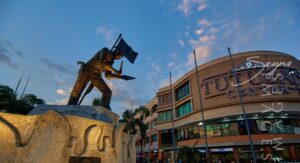
Tutuban Center: Where History Meets Shopping Bliss in Manila
Situated in the heart of Manila, Tutuban Center is more than just a shopping destination—it’s a vibrant mix of history, commerce, and culture that draws
Located in the vibrant district of Sampaloc, Manila, the University of Santo Tomas (UST), officially known as the Pontifical and Royal University of Santo Tomas, Manila, is a prestigious private Catholic research university. Established on April 28, 1611, UST’s origins trace back to Spanish friar Miguel de Benavides. Arriving in the Philippines with the first Dominican mission in 1587, Benavides later became the third Archbishop of Manila in 1601. Upon his death on July 26, 1605, he bequeathed his library and personal property worth ₱1,500 to establish an institution of higher learning. His testament, witnessed by Dominican priests Domingo de Nieva and Bernardo de Santa Catalina, paved the way for the university’s founding.















In 1606, Bishop Diego de Soria communicated the plans for the new college to King Philip III of Spain, requesting authorization to grant degrees akin to those of the Colegio de Santo Tomas in Avila, Spain. The request was granted, and by April 28, 1611, the university was officially founded. Initially named the College of Our Lady of the Most Holy Rosary, it was renamed Colegio de Santo Tomas in 1619 in honor of St. Thomas Aquinas. On November 20, 1645, Pope Innocent X issued the papal bull In Supereminenti, elevating the college to university status and placing it under papal authority.


UST’s historical significance is further highlighted by its esteemed titles and honors. In 1785, King Charles III of Spain granted UST the title of “Royal,” recognizing its academic and cultural importance. Later, in 1902, Pope Leo XIII elevated UST to the status of a pontifical university, underscoring its close relationship with the Catholic Church. Further affirming its prominence, Pope Pius XII bestowed upon UST the title of “The Catholic University of the Philippines” in 1947.











During World War II, UST was repurposed by the Imperial Japanese forces as an internment camp for enemy aliens, predominantly Americans residing in the Philippines. The Japanese secret police, known as Kenpeitai, transformed the original Intramuros campus into a garrison and torture chamber, ultimately destroying it by fire in 1944.








UST’s foundation by the Order of Preachers (OP), also known as the Dominicans, distinguishes it from many other educational institutions. This affiliation with the Dominicans has been a defining element of the university’s identity, positioning it as one of the few universities globally under the stewardship of this religious order. The Order of Preachers has played a crucial role in shaping the university’s mission and values, deeply integrating its Catholic faith into the educational experience.

ABOVE: The Arch of the Centuries at UST in Manila, built in 1680, stands as a historic symbol of tradition and new beginnings for Thomasians.
ABOVE: The Arch of the Centuries at UST in Manila, built in 1680, stands as a historic symbol of tradition and new beginnings for Thomasians.
The university is home to the first and oldest engineering, law, medical, and pharmacy schools in the Philippines. These pioneering programs reflect UST’s long-standing commitment to academic excellence and its significant role in the development of higher education in the country.








UST’s main campus, the largest university in Manila, is located on España Boulevard in the Sampaloc district. Spanning nearly 21.5 hectares, it occupies a nearly perfect square and is a central part of the University Belt. The campus moved to its current location in 1927, as the Dominicans found the Intramuros campus inadequate for the growing student population. The architectural style of the campus buildings varies significantly, reflecting different construction periods. Early structures were designed by university priests and professors and incorporate styles ranging from Renaissance Revival and Art Deco to Bauhaus and International Style. Notable buildings include the Beato Angelico Building and the Thomas Aquinas Research Complex, which feature elements inspired by the iconic UST Main Building. Additionally, seven buildings are named after beatified Dominicans and Dominican saints, further reflecting the university’s religious heritage.












The central axis of UST’s campus is marked by several iconic structures, including the Arch of the Centuries, Plaza Benavides, Benavides Monument, Main Building, Quadricentennial Square, and the Miguel de Benavides Library. The Arch of the Centuries, originally erected around 1680 at the Intramuros campus, was relocated to its current site in 1954. The Main Building, designed by priest and engineer Roque Ruaño, was constructed from 1924 to 1927 and served as Kilometer Zero of Manila. The Central Seminary, built in 1933 and designed by Fernando Ocampo in the Art Deco style, houses the Santísimo Rosario Parish and the Ecclesiastical Faculties. Established in 1932, the Botanical Garden continues to support research into Philippine flora and medicinal plants. Notably, the Arch of the Centuries features tributes to two of the university’s most distinguished alumni, José Rizal and Manuel L. Quezon. Their likenesses are displayed on the pillars of the arch, honoring their significant contributions to the Philippines.

















RELATED STORIES

Situated in the heart of Manila, Tutuban Center is more than just a shopping destination—it’s a vibrant mix of history, commerce, and culture that draws
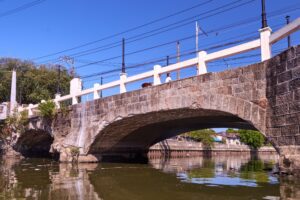


Zapote Bridge connects Las Piñas City and Bacoor City, serving as both a physical and symbolic link between communities. The bridge’s stone arch design has
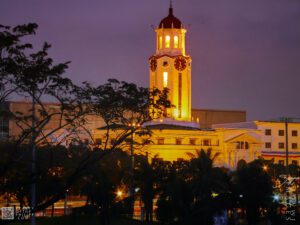


Standing prominently where Ermita meets Manila’s civic center, Manila City Hall anchors one of the most historically dense stretches of the capital. From this vantage
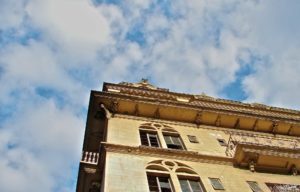


Perched along T. M. Kalaw Street in Ermita, Luneta Hotel has long been more than a building; it is a silent witness to Manila’s evolving




In 2011, the National Historical Commission of the Philippines declared UST’s campus a National Historical Landmark. Additionally, the National Museum of the Philippines recognized the Arch of the Centuries, Main Building, Central Seminary, and the university’s open spaces as National Cultural Treasures, emphasizing the historical and cultural significance of these landmarks.




















Founded in 1871 as the Gabinete de Fisica (Cabinet of Physics), the UST Museum of Arts and Sciences is the oldest museum in the Philippines. It boasts the country’s oldest zoological collection, with over 100,000 specimens meticulously curated in the 19th century by Dominican priest and professor Castro de Elera. De Elera also authored the Catalogo Sistematico de toda La Fauna de Filipinas (Catalog of Philippine Fauna) in 1895, the first systematic work in Philippine zoology. The museum’s collection includes 4,899 species and subspecies of Philippine mollusks, making it the most extensive mollusk collection globally. Additionally, the museum holds artifacts related to Philippine ethnology, coins, medals, and memorabilia, including two of the five chairs used by visiting popes.


















The university’s significance in the Catholic world is further emphasized by notable papal visits. Since Pope Paul VI’s visit in November 1970, UST has had the honor of hosting three more popes: Pope John Paul II in 1981 and 1995, and Pope Francis, who made a historic visit on January 18, 2015. During the quadricentennial year in 2011, Pope Benedict XVI also acknowledged the university through a special envoy and a video message.










UST’s commitment to faith-based education is evident in its expansive influence as one of the world’s largest Catholic universities. The university’s dedication to its Catholic heritage is not just a matter of tradition; it actively informs its curriculum, community life, and overall mission. This dedication attracts students and scholars from various backgrounds who seek an education enriched by spiritual and ethical dimensions.














UST’s historic significance and its role in fostering a faith-centered educational environment make it a remarkable institution. It stands as a testament to the enduring legacy of the Order of Preachers and the university’s ongoing influence in the global educational landscape.
I’m looking forward to the stories and images leaving a lasting positive impression on you, just as they have on me. Stay connected with us on social media for a weekly exploration of travel assignments and breathtaking visuals. Our focus is on championing local tourism, showcasing small businesses, and honoring the magnificence of the Philippines through the content we curate. Join us in spreading the word by clicking the ‘share’ buttons below. Your support means the world to us.
EXPLORE MORE about
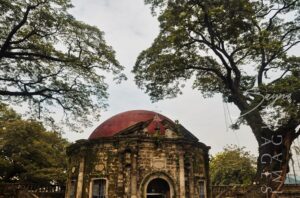

Situated in the bustling city of Manila, Paco Park is a serene oasis that invites visitors to step back in time while enjoying the calm
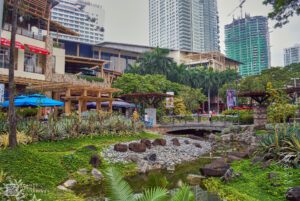

In the heart of bustling Makati, where glass towers slice the skyline and business moves at lightning speed, there’s a place that feels like a
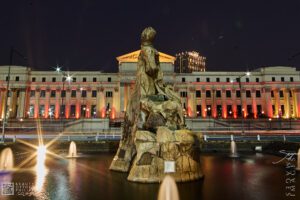

Approaching the Gomburza National Monument along Padre Burgos Avenue, the first thing I notice is its placement. Directly across from the grand façade of the
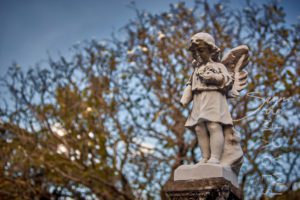

Cemeteries have a way of holding stories without speaking them aloud. La Loma Cemetery, officially known as Campo Santo de La Loma, rises from land


Nestled in the heart of Quezon City, La Mesa Ecopark stands as a serene sanctuary, offering both a retreat for nature lovers and an educational
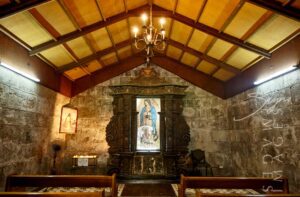

The Guadalupe Chapel Intramuros sits quietly within the Reducto de San Francisco Javier, once a defensive bastion of Fort Santiago. Walking toward it, you pass
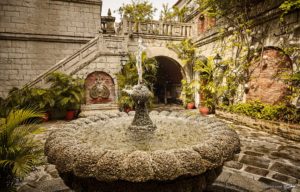

Tucked within the heart of Intramuros, Casa Manila serves as a tangible window into 19th-century urban Filipino life. Unlike typical museums, the building was reconstructed
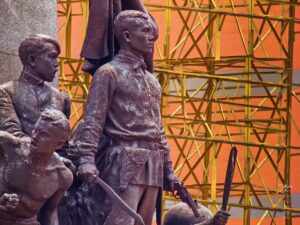

Approaching Monumento Circle in South Caloocan, traffic thickens, jeepneys weave through buses, and overhead wires frame the skyline. At the center of it all stands
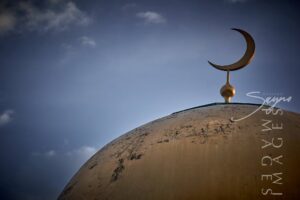

Walking into Quiapo, Manila, the golden dome of the Manila Golden Mosque immediately catches the eye. Known locally as Masjid Al‑Dahab, the mosque rises as



Situated in the heart of Manila, Tutuban Center is more than just a shopping destination—it’s a vibrant mix of history, commerce, and culture that draws
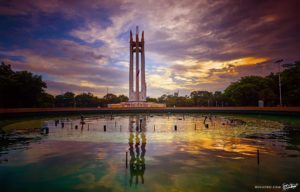

Imagine stepping into a green ellipse at the heart of one of the busiest cities in Metro Manila. Quezon Memorial Circle is not just a
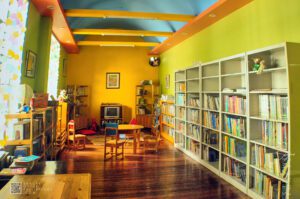

Located along Roxas Boulevard in the heart of Manila, Museo Pambata offers a one-of-a-kind experience where children can learn, play, and connect with Filipino culture
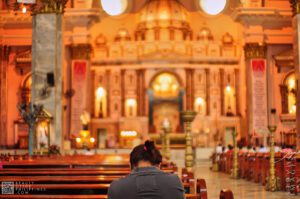

The Binondo Church is a historic church in Manila, located in the District of Binondo, near the Plaza San Lorenzo Ruiz. It was previously called



Perched along T. M. Kalaw Street in Ermita, Luneta Hotel has long been more than a building; it is a silent witness to Manila’s evolving
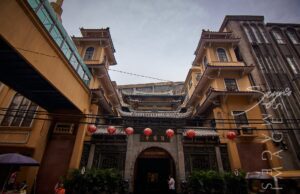

If you’re exploring the heart of Manila, you won’t want to miss Seng Guan Temple, a cultural and spiritual gem nestled in the bustling district


It is the home of the popular Asian elephant, Mali, as well as 90 other species. As well as being a landmark in Manila, the
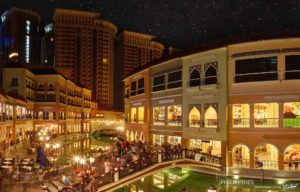

If you’ve ever imagined wandering alongside a winding canal, the sight of gondolas gliding gently under ornate bridges, you might picture Venice in Italy. Yet
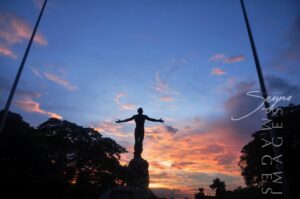

If you find yourself wandering through the sprawling campus of the University of the Philippines (UP) Diliman in Quezon City, you’ll undoubtedly encounter one of
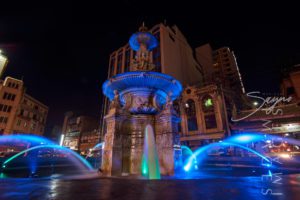

If you’re ever wandering through the lively streets of Manila, one of the city’s must-see spots is the iconic Carriedo Fountain. Nestled in the heart
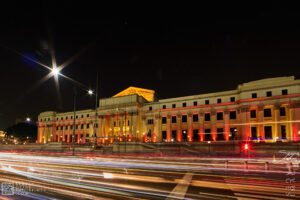

Walking along Padre Burgos Avenue in Rizal Park, the National Museum of Fine Arts immediately commands attention. Its neoclassical facade, tall Corinthian columns, and grand
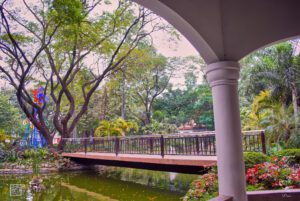

Situated in the lively heart of Makati’s Legazpi Village, Washington SyCip Park provides a serene refuge away from the city’s fast pace. Established in 2006



Zapote Bridge connects Las Piñas City and Bacoor City, serving as both a physical and symbolic link between communities. The bridge’s stone arch design has
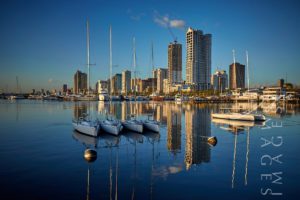

It is considered to be one of the world’s great harbors, the Manila Bay, and it serves as the Port of Manila, Philippines. Having once
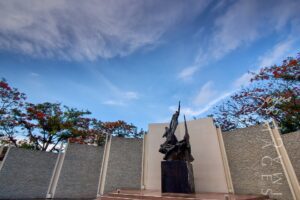

Right in the middle of San Juan City, surrounded by the constant rhythm of Metro Manila, stands Pinaglabanan Shrine, a place that does not immediately
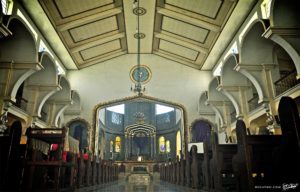

Polo Church traces its roots back to the early 1600s, when the settlement of Polo — once part of the larger Catangalan parish — gained
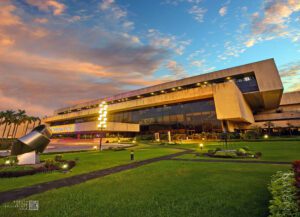

The Philippine International Convention Center (PICC) stands as a monument to the Philippines’ ambition to be a key player on the global stage. With its


Walking along España Boulevard in Manila, the rhythm of jeepneys and buses rarely slows down. But once inside the grounds of the University of Santo
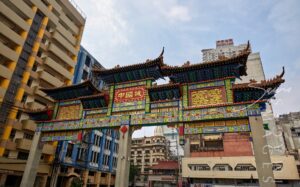

Stepping into Binondo Chinatown feels like turning a page in Manila’s long, layered story. Officially established in 1594 as a settlement for Catholic Chinese immigrants,
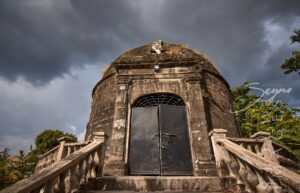

Tucked away in the heart of Taguig City, Metro Manila, lies an intriguing historical site that continues to captivate both locals and travelers alike—the Simborio.
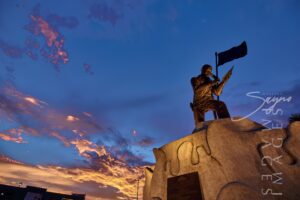

Right outside Tutuban Center, along the busy stretch of C.M. Recto Avenue in Tondo, Manila, stands the Bonifacio Monument Tutuban, a tribute that blends almost
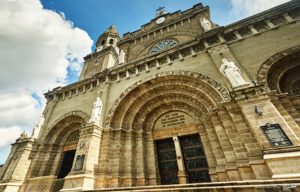

Originally built in 1880, the Manila Cathedral is the current version of the longstanding Church of Manila. It is a masterpiece of architecture that was
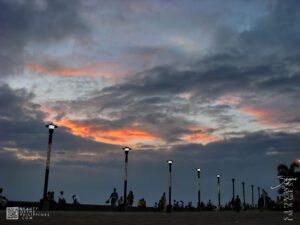

Let’s be real—when you think of tourist spots around Metro Manila, Navotas probably isn’t the first to pop into your head. But you know what?
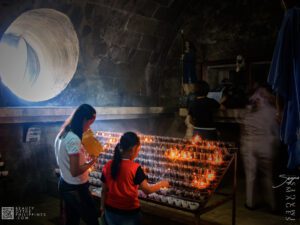

Standing by the serene Taguig River in Barangay Santa Ana, Taguig Church — formally known as the Parish of St. Anne — is more than
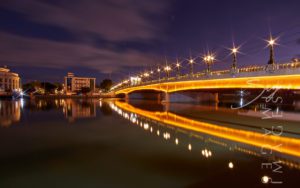

The newly restored Jones Bridge is easily recognizable by its beautifully designed black lamp posts—the same ones that were there when the bridge was first
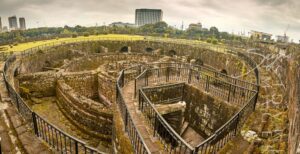

You know how sometimes, you stumble upon a place that feels like stepping straight into a history book—except the pages come alive? That’s exactly the
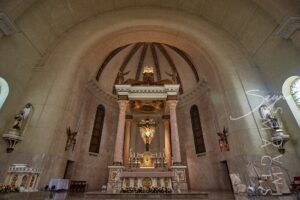

Standing prominently along Broadway Avenue in New Manila, Quezon City, the National Shrine of Our Lady of Mount Carmel — widely referred to as Mt.
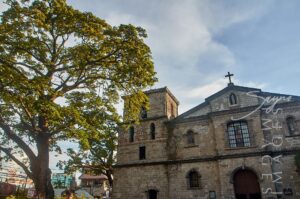

In the southern stretch of Metro Manila, within Barangay Daniel Fajardo, stands Las Piñas Church, formally known as the Diocesan Shrine and Parish of Saint
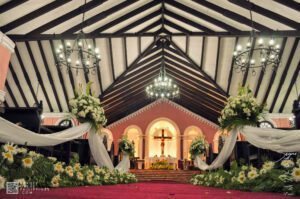

Walking into Victoneta Chapel feels like stepping into another pace of life, one where the clamor of Metro Manila recedes and quiet reflection takes center
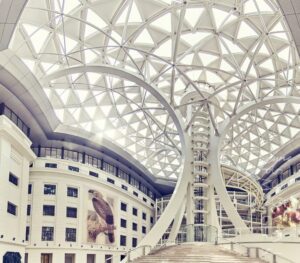

Located at Agrifina Circle in Rizal Park, National Museum of Natural History is part of the larger National Museum Complex, which also includes the National
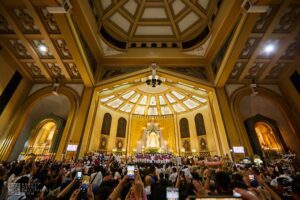

At the heart of La Naval de Manila is the revered image of Our Lady of the Most Holy Rosary, a 1593 ivory and hardwood
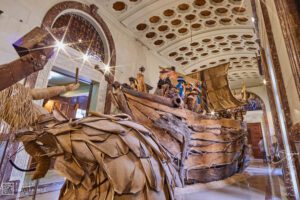

The approach begins along the familiar paths of Rizal Park, where movement never really stops. Families cross the lawns, vendors set up near shaded areas,
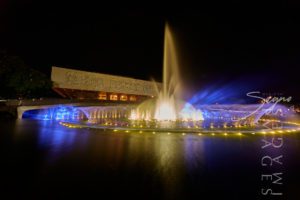

Stepping onto the grounds of the Cultural Center of the Philippines, you immediately sense the ambition behind its design. Conceived under the leadership of then‑First



Standing prominently where Ermita meets Manila’s civic center, Manila City Hall anchors one of the most historically dense stretches of the capital. From this vantage


Walking through the gates of the Manila Chinese Cemetery, visitors are immediately drawn to Chong Hock Tong Temple, a site that has been a center
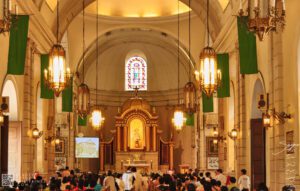

The story of Malate Church begins in 1588, when Augustinian friars established a parish in the fishing village of Maalat, named for the salty waters
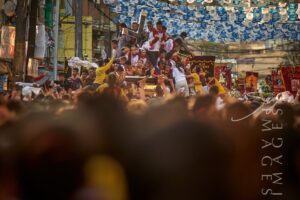

The Nazareno Festival, or the Feast of the Black Nazarene, is one of the most spectacular and deeply moving religious events in the Philippines. Held
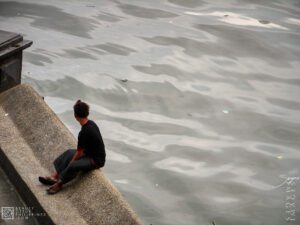

Crossing the Pasig River via Quezon Bridge feels like stepping into a living corridor of Manila’s past and present. The span links Quiapo on the
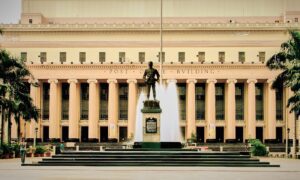

Standing at Liwasang Bonifacio, you immediately feel how many directions the city pulls at once. Jeepneys pass in steady rhythm, pedestrians cross toward the bridges,
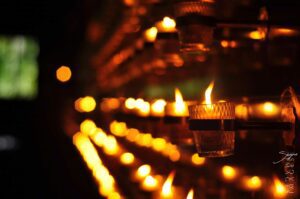

The first time I approached Padre Pio Chapel, it was impossible to ignore the contrast. Just meters away, vehicles streamed endlessly along Eulogio Rodriguez Jr.
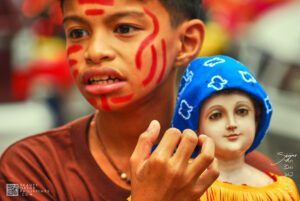

Every January, Manila transforms as the Feast of Santo Niño brings devotion and festivity to its streets. The festival centers on the Child Jesus, known
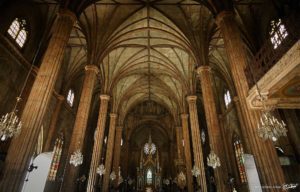

San Sebastian Church is a Roman Catholic Minor Basilica located in Quiapo, Manila. It’s also known as Minor Basilica of San Sebastian or San Sebastian


At the bustling heart of Quiapo, Manila, a modest church arose in 1588, only two years after the district itself was founded. Initially built of
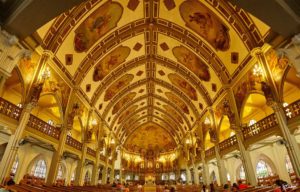

The Manila Abbey San Beda, or formally known as Abbey of Our Lady of Montserrat, is a Benedictine men’s monastery located along the streets of


Walking through UP Diliman, you immediately sense the blend of history, artistry, and open space. Established after the original University of the Philippines in Manila
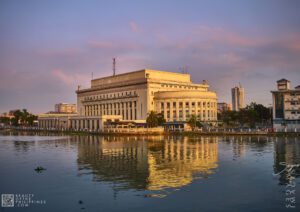

The Manila Post Office, officially known as the Manila Central Post Office, is a distinguished example of neoclassical architecture, originally designed by Juan M. Arellano,
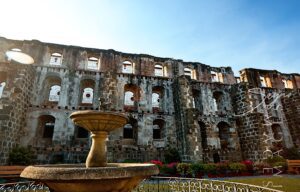

Located within the historic district of Intramuros, Manila, Padre Blanco Gardens—also known as Father Blanco’s Garden—offers a charming and romantic retreat amid centuries-old architecture. This


Stepping into Club Intramuros Golf Course feels like entering a curious intersection of eras. You pass through the stone gateways of Intramuros, and instead of


If you’re exploring Manila, one spot you shouldn’t miss is Plaza Rajah Sulayman, a scenic and historically significant public square in the heart of Malate,


Located in the heart of Quezon City, Christ the King Seminary is not only a center of Catholic education but also a place where spirituality,
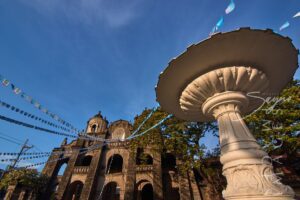

San Juan, a city tucked in the heart of Metro Manila, is often overshadowed by its more famous neighbors, yet it holds within its borders
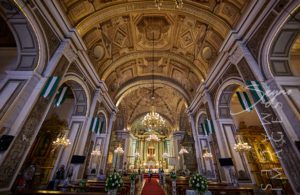

Known as one of the most important baroque churches in the Philippines and as one of the only four baroque churches in the Philippines that
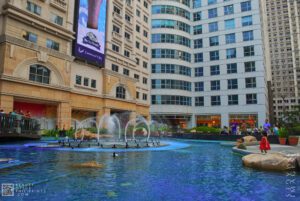

Located in the heart of Quezon City, Eastwood Mall stands as a vibrant fusion of shopping, dining, and entertainment. More than just a mall, it’s
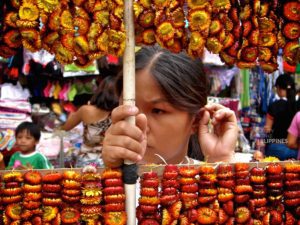

Plaza Miranda is a public square bounded by Quezon Boulevard, Hidalgo Street and Evangelista Street in Quiapo, Manila. It is the plaza which fronts the
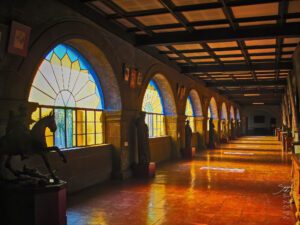

The San Agustin Museum is located adjacent to the UNESCO World Heritage Site, San Agustin Church. It is located in Intramuros—the walled city of Manila—and


The Kartilya ng Katipunan, also known as Bonifacio Shrine or Heroes Park, is a must-visit historical site in Ermita, Manila, celebrating the legacy of Andrés
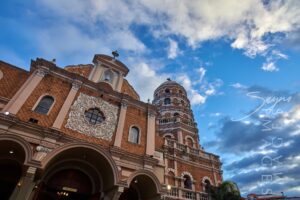

Along the right bank of the Pasig River, Santa Cruz stands as a living canvas of Manila’s past. Long before skyscrapers and shopping centers redefined


Standing in Plaza San Lorenzo Ruiz, what strikes me first is its shape. Unlike the usual rectangular plazas scattered across the Philippines, this one curves


As the nation’s first ever world-class marine theme park, Manila Ocean Park is located in Ermita Manila, within the Philippines’ largest urban resort/aqua-themed hotel complex
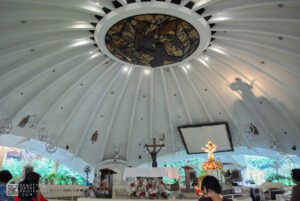

Amid the bustling corridors of Ayala Center in Makati City, the Greenbelt Chapel quietly commands attention not through grandeur but through its sense of calm.
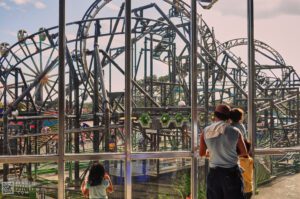

Nestled in the heart of Pasay City within the Cultural Center of the Philippines Complex, Star City stands as one of the premier amusement parks
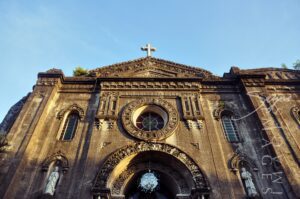

Tucked away in the bustling heart of Makati lies the Guadalupe Church Ruins, an evocative landmark that offers more than just a glimpse of the
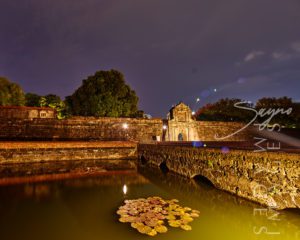

It is also known as the Walled City, and during the Spanish Colonial Period it was synonymous with the city of Manila. Intramuros was also
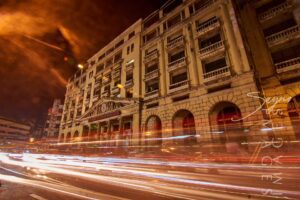

I experienced the vibrant and colorful life of downtown in full. I took some time to appreciate the beauty of Santa Cruz Church and Plaza
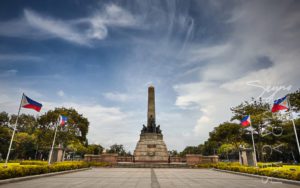

Walking through Rizal Park, every step tells a story. Known locally as Liwasang Rizal and historically called “Luneta,” this 58-hectare urban oasis in Ermita, Manila
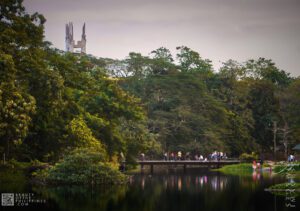

Situated in the heart of Quezon City, the Ninoy Aquino Parks and Wildlife Center (NAPWC) offers a serene retreat from the bustling streets of Metro
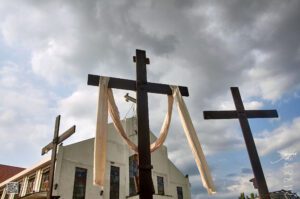

In the midst of Kaunlaran Village, Dagat‑dagatan in Navotas City, the San Lorenzo Ruiz and Companion Martyrs Parish stands as more than a place of worship.
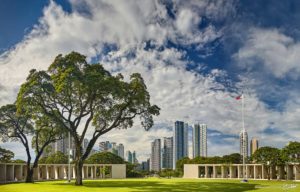

Located within Fort Bonifacio in Taguig City, the Manila American Cemetery and Memorial rises as a serene testament to courage, sacrifice, and shared history. Spanning
BROWSE BY CATEGORIES
BROWSE BY PROVINCE